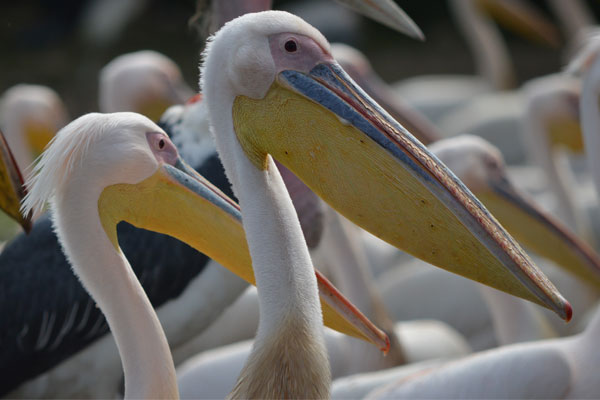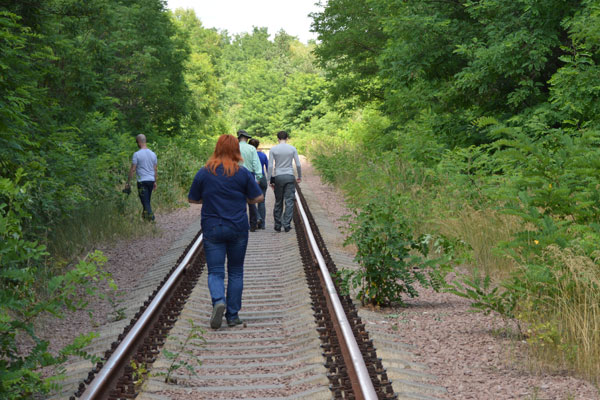Research programmes
The rate of evolution has increased to such an extent that the human epoch may eventually be seen as one of the greatest boosts to biological diversity in the history of life on Earth.
Our four research programmes bring together world-leading researchers to understand the neglected societal and biological processes that underpin biodiversity gains, as well as losses, and inform and influence society's response to these changes.
Our cross-cutting themes maximise opportunities for our collaborators to exchange ideas, knowledge, information and skills across disciplines and projects.
Biodiversification
Understanding how human impacts and biological processes underpin changes to biodiversity and ecosystems. Tackling radical questions about the growth of biological diversity and rates at which new species are coming into existence.

Philias and phobias

Identifying the causes and consequences of varied human attitudes to the growth and loss of biodiversity. Considering personal, historical and cultural circumstances and points of view which influence societies response to these changes.
Utility
Establishing both the benefits and harms we experience from human-altered biodiversity and novel ecosystems. Evaluating the socioeconomic, political, geographical, historical and cultural circumstances under which these changes exist.

Moulding the future

Integrating knowledge to foster further positive gains in biodiversity, without compromising human wellbeing or risking 'past' biodiversity. Further understanding how we can foster beneficial increases rather than just attempting to halt the losses.
